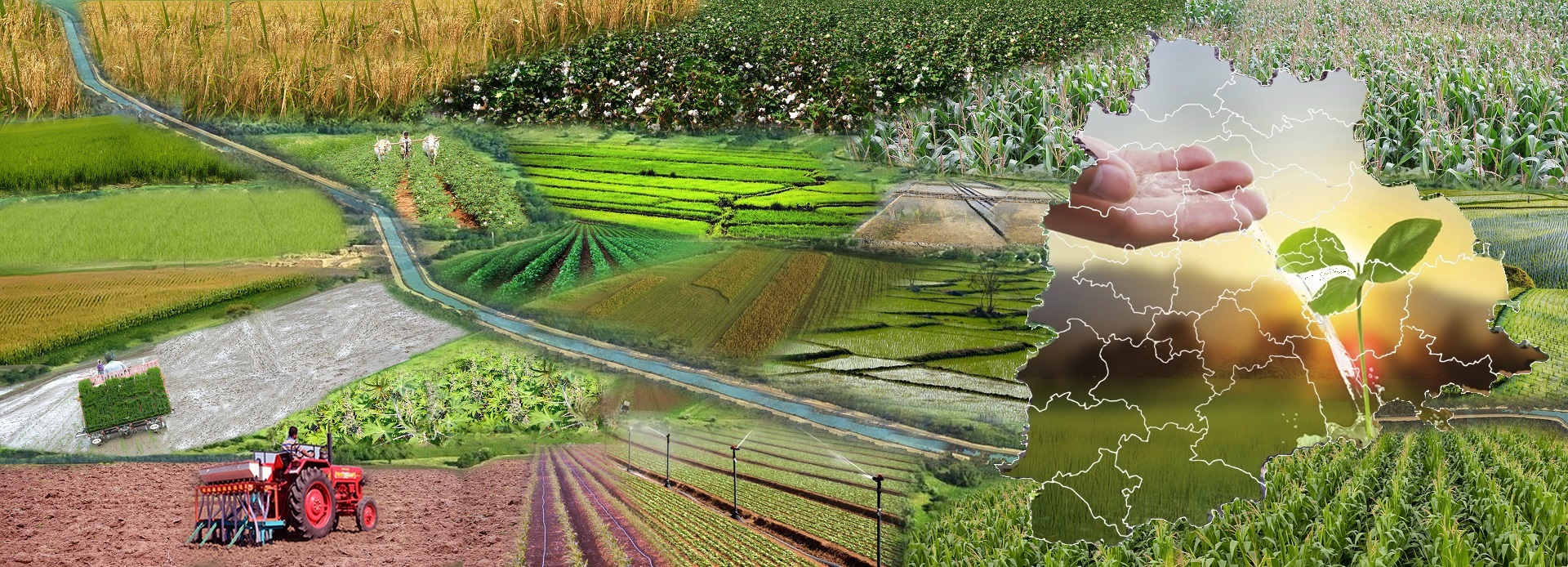



Received: 02-Aug-2022, Manuscript No. GJAEERD-22-74340; Editor assigned: 04-Aug-2022, Pre QC No. GJAEERD-22-74340(PQ); Reviewed: 19-Aug-2022, QC No. GJAEERD-22-74340; Revised: 26-Aug-2022, Manuscript No. GJAEERD-22-74340(R); Published: 05-Sep-2022, DOI: 10.15651/2408-5480.22.10.007
Agricultural taxation is an important instrument of development policy. Agriculture is the most important sector in a nioraber of under-developed countries, especially in India. It has to play a key role in the process of development. Agriculture is the very foundation on which the super strucutre of growth can be raised. The sheer size of the sector makes its fiscal support to the Government significant. The question of mobilizing agricultural surpluses for economic development of the country through in-creased taxation of agricultural sector has been a subject of much discussion ever since the inception of the planning process in the country. Controversy and several issues were raised. Agricultural taxation serves as a means of resource mobilizer, allocator and distributor. Furthermore, the task of mobilization is considered essential for an effective development policy, especially when the ways in which agriculture is taxed will have a desirable effect on the volume, composition and disposition of agriculture. But the low levels of agricultural taxes, characterized by income inelasticity, and incredibly long periods between assessment of the base have failed to mobilize a part of the increased productivity and income for the country's developmental efforts. This has resulted in the concentration of wealth and income in the hands of a few minority of the rich who block away every sensible reform.
Similarly, the primary objective of the collectivization of agriculture in the Union of Soviet Socialist Republics was to tax the primary sector for the benefit of industrialization. In China, the land tax which was collected in kind constituted about 40 percent of the total state revenue in 1950, imposing heavier taxation on the agricultural population would force the farmers to bring forth increased market supplies. Many side effects would occur like monetization of the agricultural economy would improve economic attitudes and enlarge the tax base for indirect taxation commercialization of agriculture would impart the agricultural sector a sensitivity to prices and other market stimulation. Increased agricultural taxation would conserve foreign exchange needed to import machinery and capital equipment for new industries it would control inflationary pressures. Agricultural taxation would increase the labour force available for the nonfarm jobs by making it economically difficult for unemployed and unproductive labour.
This mobility, in turn, would have significant implications, affecting the attitudes of the people towards work and leisure, income and expenditure and towards family planning, with its important consequences in terms of population growth. In recent years, there seems to be a reorientation in the taxation of agriculture. Taxation of agricultural sector will also serve as an important policy instrument in the under-developed countries. Agricultural taxation is the chosen instrument charged with the vital task of transferring surplus food, labour and capital to the non-agricultural sector, as well as with reallocating resources within agriculture to increase the transferable surplus. Although it is a fact that the agricultural taxation is the means by which the necessary finances for development, at least in the initial stages, may have to be mobilized, it cannot be simply assumed that the circumstances of every country are amenable for this.